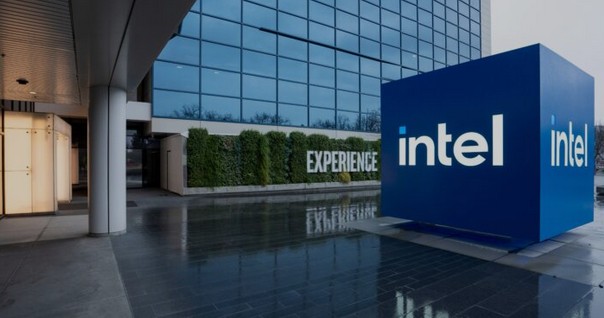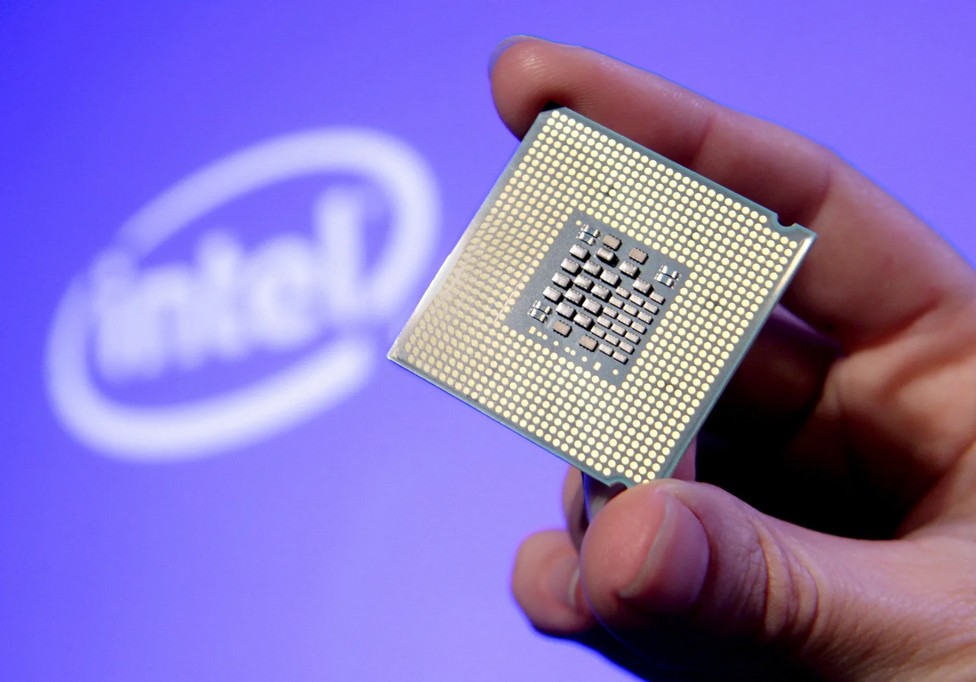
[dropcap]I[/dropcap]ntel recently achieved a significant legal victory in its €1.06 billion antitrust battle with the European Commission, concluding a 15-year dispute. The European Union General Court ruled in favor of Intel, dismissing the fine due to a lack of evidence demonstrating anti-competitive harm from rebates allegedly used to disadvantage rival AMD. This landmark ruling raises questions about the European Commission’s enforcement of antitrust laws and may influence future cases in the tech industry.
significant legal victory in its €1.06 billion antitrust battle with the European Commission!
Intel’s legal battle began in 2009 when the European Commission accused the company of violating competition rules by offering rebates to key manufacturers such as Dell, Lenovo, and HP, effectively squeezing out rival AMD. According to the Commission, these rebates were designed to hinder competition by incentivizing manufacturers to source their chips solely from Intel, creating an unfair competitive landscape.
[tie_full_img] [/tie_full_img]
[/tie_full_img]
[padding left=”5%” right=”5%”]
Initially, Intel contested the decision, but the fine was upheld by the European General Court in 2014. The case then reached the European Court of Justice (ECJ), which requested a re-examination of whether the rebates genuinely harmed competition and consumers. Upon review, the court decided that the evidence presented was insufficient to prove that Intel’s actions had restricted competition, leading to the annulment of the massive fine.
This ruling has broader implications for how antitrust laws are enforced in Europe. It raises questions about the Commission’s ability to justify large penalties based on economic practices like rebates, especially in highly competitive markets like technology. Intel’s victory could pave the way for other companies facing similar charges to challenge the EU’s antitrust rulings.
[/padding]

Success is largely a matter of holding on after others have let go!
For Intel, the ruling not only saves billions in fines but also restores its reputation in a market where competition with other chipmakers, like AMD, is fierce. The court’s decision may also impact how future antitrust cases involving technology giants are approached, particularly concerning the balance between aggressive market competition and anti-competitive behavior.
This case marks a pivotal moment for antitrust enforcement in the EU, signaling a need for more stringent evidence and economic analysis when assessing competitive harm in rapidly evolving sectors.




Let’s wait and see if this policy will actually make a difference. Time will tell.